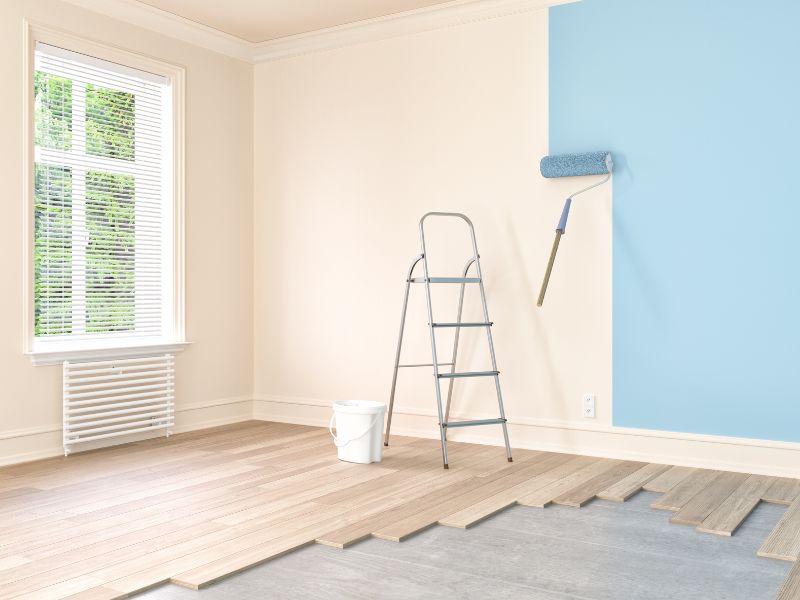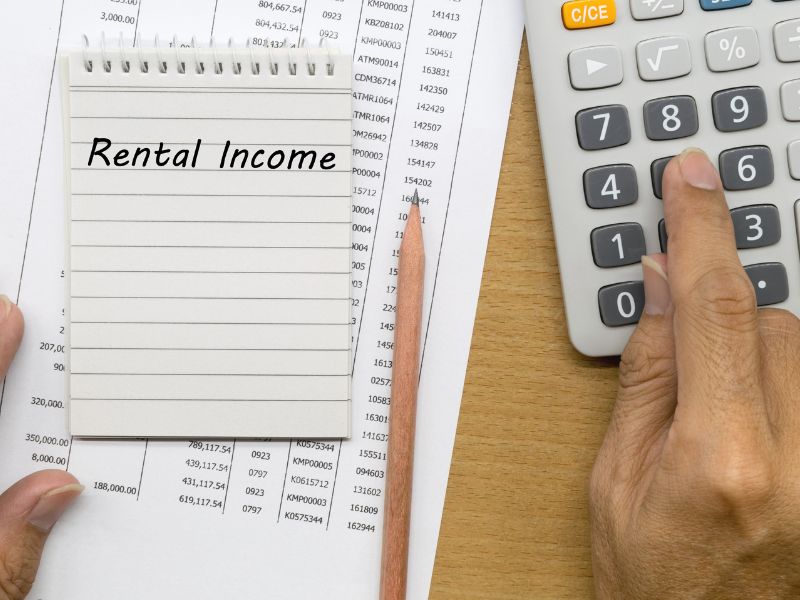The need to increase rental rates comes from different reasons that affect both landlords and the property market. Firstly, as time goes by, properties can start to have more wear and tear, which means more fixing and maintenance costs. To cover these higher expenses, landlords might need to raise the rent.

Secondly, think about prices going up in general, like how things cost more over time. This is called inflation. Because of inflation, it costs more to do things like pay property taxes, electricity, and other bills related to the property. So, landlords often increase the rent to keep up with these rising costs.
Also, when the rent goes up, it can make the property seem more valuable to people who might want to buy it in the future. This can be good for landlords when they decide to sell the property.
Another reason is about getting a good return on an investment. Imagine you put money into something, like buying a property. As time goes by, the value of the property goes up, and landlords want to make more money from it, which is why they increase the rent.
Sometimes, there’s high demand for properties in a certain area, and not many available. In this case, landlords can increase the rent because many people want to live there.
When the economy is doing well and people are making more money, it’s easier for them to pay a bit more in rent.

Landlords who spend money on improving the property, like adding better security or making it more energy-efficient, might want to get that money back by increasing the rent a little.
Landlords also have their own money goals, like saving for retirement or making more profit from their properties. Increasing the rent can help them reach these goals.
If other similar properties nearby are renting for more money, landlords might think it’s okay to raise the rent to match those prices.
Lastly, it’s important for landlords to make sure the property stays in good shape. Increasing the rent can help cover costs for regular fixing, repairs, and making the property better.
But while landlords want to raise the rent, they also need to think about the people living in the property. Talking honestly about why the rent is going up, making the property better, and thinking about how much people can afford are all important to keep a good relationship between landlords and tenants. Here’s a scenario on how to handle rental rate increases with tenants.

Scenario: You are the owner of a residential apartment located in a popular suburban area in Kuala Lumpur. The current monthly rent for your apartment is RM1,200, and the tenancy agreement is coming up for renewal in a couple of months. You are considering raising the rent to RM1,500.
1. Timing for Rent Adjustment:
- It’s been nearly two years since the last rent adjustment, and you’ve observed that the neighbourhood’s occupancy rates have consistently remained high at around 85%.
- Explanation: Given the sustained demand for properties in the area, this is an opportune time to propose a rent increase. High occupancy rates suggest a healthy market, making tenants more likely to accept the adjustment.
2. Determining the Increase Amount:
- Considering the substantial jump, you decide on a 25% increase, raising the rent to RM1,500.
- Explanation: A 25% increase may appear steep, but this percentage aligns with the current market conditions, occupancy rates, and similar properties in the vicinity. It’s vital to strike a balance between maintaining affordability for tenants and achieving your financial goals.
3. Addressing Tenant Objections:
- To explain the increase, you provide your tenants with information about the rising maintenance costs and current rental rates of similar apartments in the vicinity.
- You share data showing that comparable apartments in the area are being rented for RM1,600 per month, making your proposed increase to RM1,500 competitive.
- Explanation: Openly discussing the reasons behind the increase helps tenants understand its necessity. Providing data on market rates demonstrates that the proposed increase is reasonable and in line with prevailing trends.
4. Adding Value for Acceptance:
- To sweeten the deal and justify the increase, you offer to upgrade the kitchen appliances, provide new energy-efficient lighting fixtures, and repaint the apartment within a budget of RM1,000.
- Explanation: Offering tangible improvements helps tenants see the benefits of the increase. Enhancing the property’s features reassures them that they’re getting added value for the higher rent.
5. Building Tenant Relations:
- Throughout the tenancy, you’ve been responsive to your tenants’ maintenance requests and concerns, fostering a positive relationship built on trust and respect.
- Explanation: The strong rapport you’ve built sets a positive tone for conversations about adjustments. Tenants are more likely to understand and accept the increase when it’s communicated within the context of a trusting relationship.
6. Economic Downturns and Reductions:
- Fortunately, the economic conditions are stable at the moment, so you don’t need to consider reducing the rent due to financial challenges faced by tenants.
- Explanation: With the stable economic climate, tenants are better positioned to absorb a rent increase. This stability eliminates the need for temporary reductions and supports the proposal for an upward adjustment.
7. Strategic Approach for Residential Properties:
- Recognising that the residential market is price-sensitive, you’ve carefully calculated the increase to balance your financial goals with tenants’ affordability.
- Explanation: The calculated increase considers the tenants’ financial capacity while ensuring a return on your investment. This balanced approach acknowledges the market’s sensitivity while aligning with your property’s value.
By thoughtfully addressing each point in the modified scenario, you create a solid foundation for navigating a significant rent increase while maintaining a fair and transparent process.


